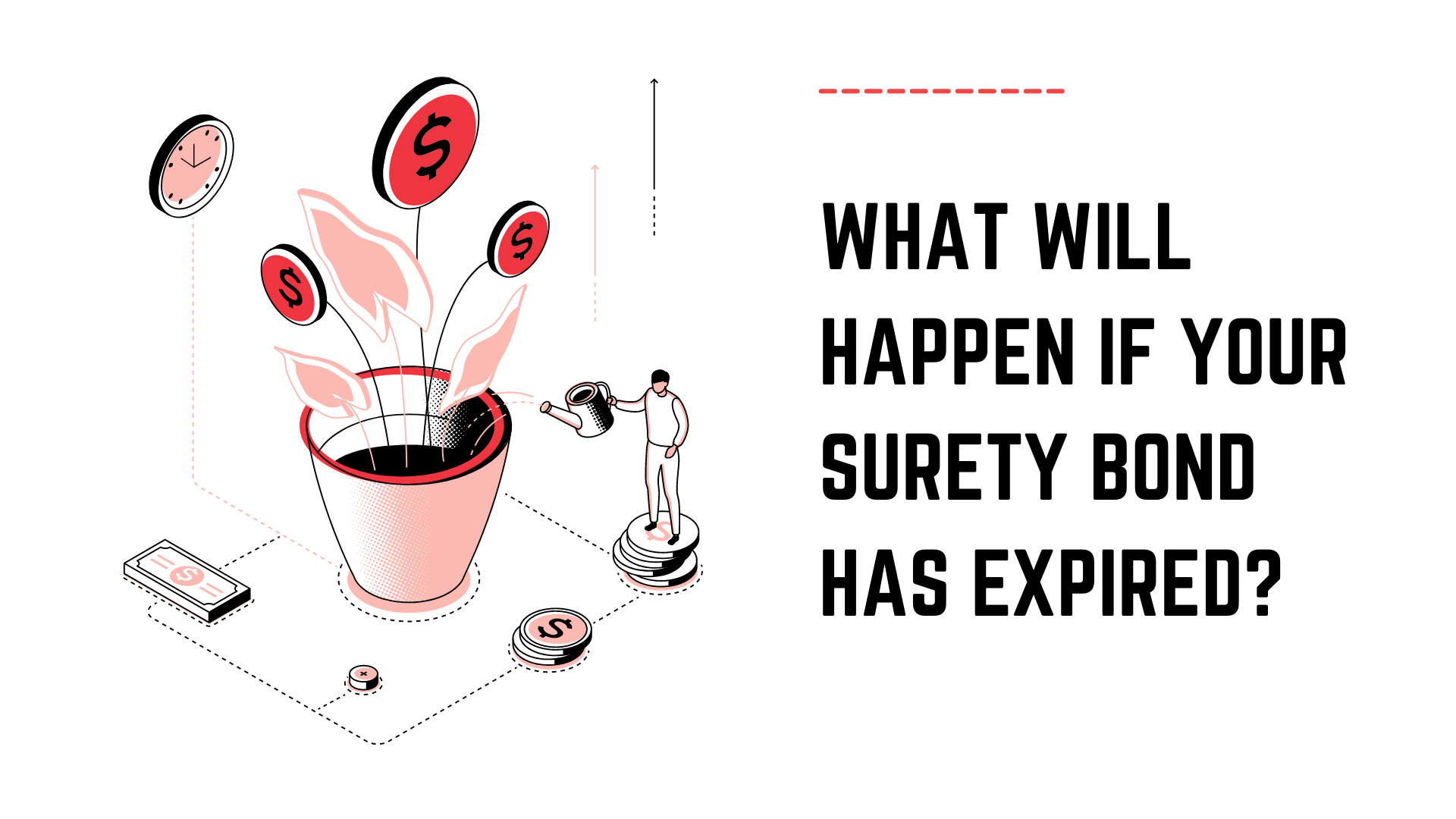When should my surety bond be renewed?
Your surety bond may require that you renew it on an annual or biennial (every two years) basis, depending on the type of bond. Read your bond contract to learn more information about its expiration date and renewal requirements.
Your first contact to begin the renewal process should be with your carrier; they will guide you through the entire process. You can expect to receive a notice in the mail from your surety that outlines what steps are needed for renewal, including sending back documentation that shows that any material changes have been reported to them, if applicable – this paperwork is typically sent out well before your policy expires. Be attentive when receiving these notices so as not to miss the deadline for submitting necessary documents or fees.
If you do not receive a notice that your bond is expiring, we recommend that you initiate contact with your carrier and find out if any documentation needs to be sent in. Maintaining good communication with the surety will ensure that there are no delays or missed communications along the way.
Is it possible to get your money back if you purchase a surety bond?
The short answer is, in most cases, yes! Most surety bonds give the person or company that purchases their several ways in which they can be returned. It all depends on what type of bond was purchased and under what situation it needs to be returned.
If they leave the state during their contract or if they cancel the contract before completion without good cause, then this bond could be returned with interest at 7%. They can also choose to return it early for any reason with no interest after giving 30 days’ notice.
If you are purchasing a bond for yourself, make sure you read the fine print because some will charge penalties for early returns around 4-8%, and others may not allow it at all. If your contract doesn’t explain how the bond can be returned, ask your Surety Bond Specialist. They will be able to show you what is available based on your state of residence and the type of bond purchased.
What happens if your bond isn’t renewed?
The state will decide whether to renew your bond. For the vast majority of people, this decision is an easy one. The judge looks at how well you have done since being on bond and decides if there are any new reasons why now would be a good time to revoke your bond.
For some people, though, it isn’t that clear-cut. There may have been problems you had not anticipated when you first posted bail. Maybe someone dropped out as a surety or perhaps you haven’t met all the conditions of your release agreement or your contract with the court.
Not meeting these conditions can happen for many reasons including failing drug tests, getting arrested again, or missing appointments with your rising officer. If you’re worried about your bond being revoked, read on to find out.
If the court thinks that there is a risk you will not show up for your next appearance or because of the seriousness of the offenses you are charged with, it might decide to apply to have your bond canceled and then to keep canceling it until you come back to court when they decide whether or not you should be tried for the alleged offense. This is known as having your ‘bail canceled’ or ‘bail revoked by the court. Canceling bail means that you must stay in custody until your matter has been finalized.
What does a surety bond renewal entail?
A surety bond renewal is a process in which you extend your current surety bond’s expiration date by entering into a new contract with the same insurance company. The term of the old contract no longer exists when you enter into a new one, usually for another year or more.
At the time of renewing your surety bond, you must be absolutely sure that the information provided on the application is correct because this will affect how much coverage can be extended to your business.
Remember that once you have entered into a contract with an insurance company, it is binding and very difficult to get out of it unless you are canceling all services involving that company. To avoid problems at this stage, hire only experienced brokers who have handled many deals before.
If you are planning to apply for a new surety bond after your previous one has expired, you must be aware that insurance companies may ask for an examination or assessment of your company before deciding whether or not to take you on as a client. They have the right to do so because they want to know if you will be able to pay premiums regularly and how much coverage can be given.
